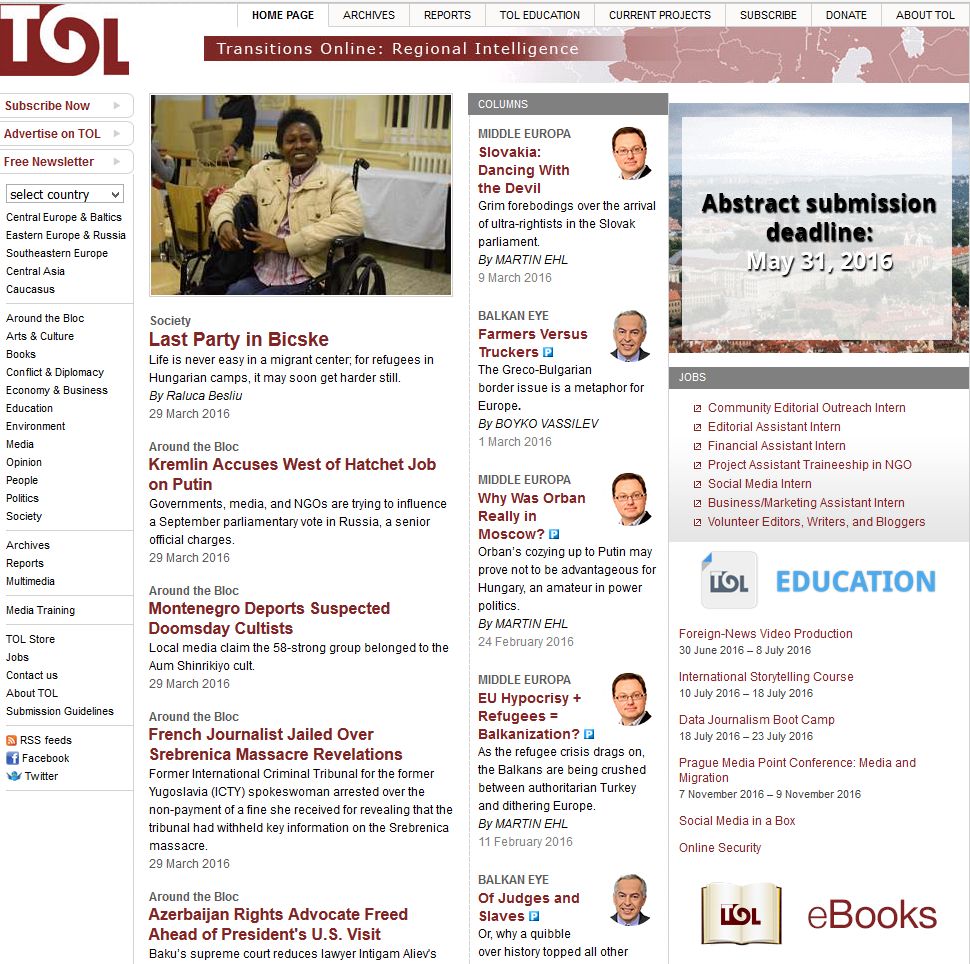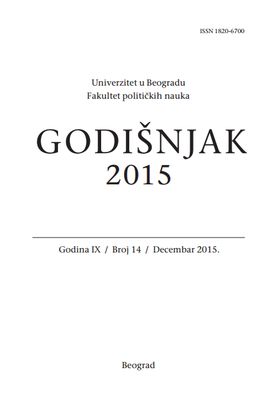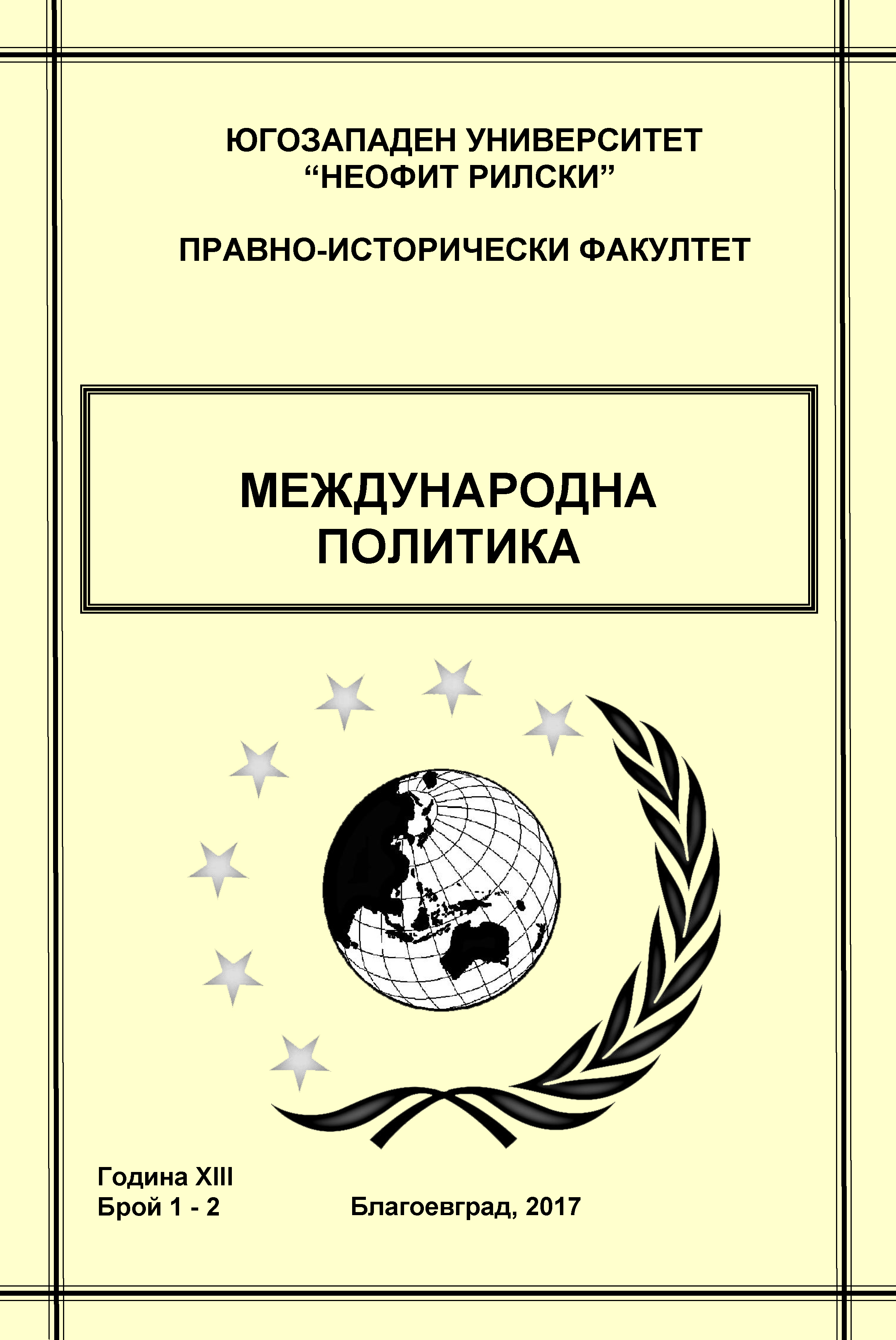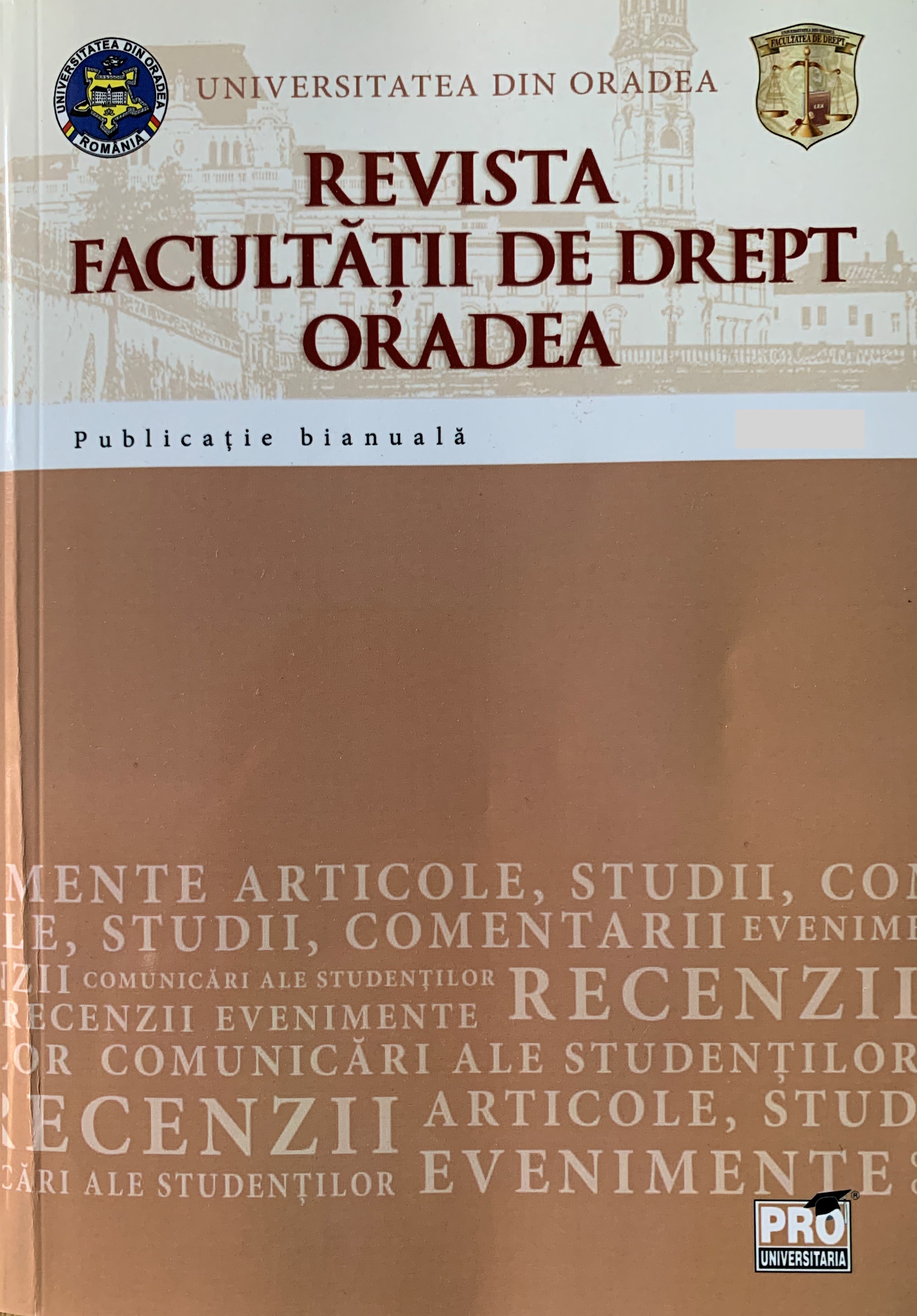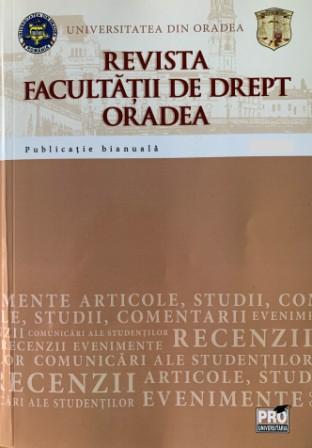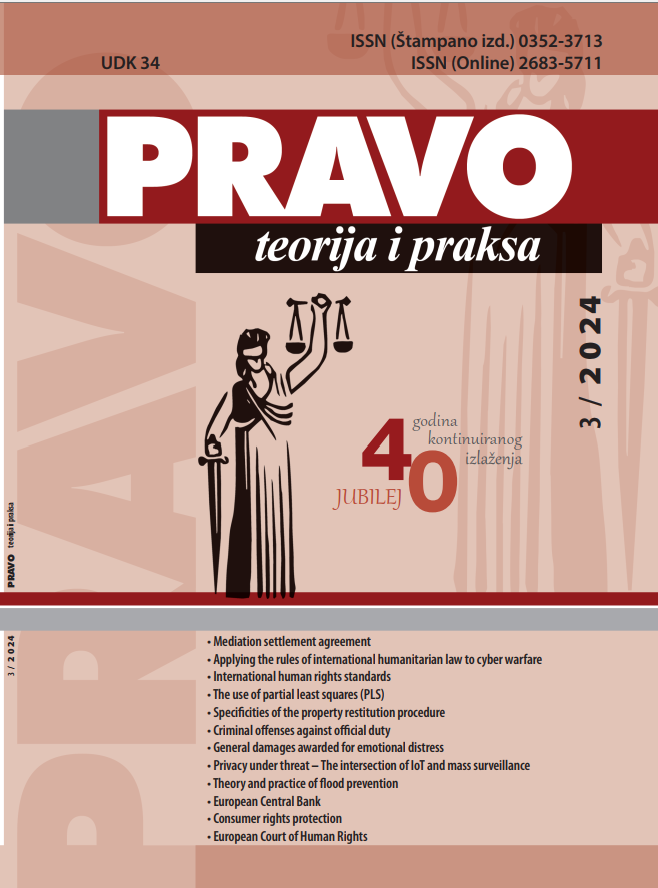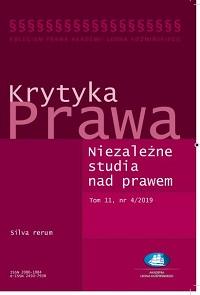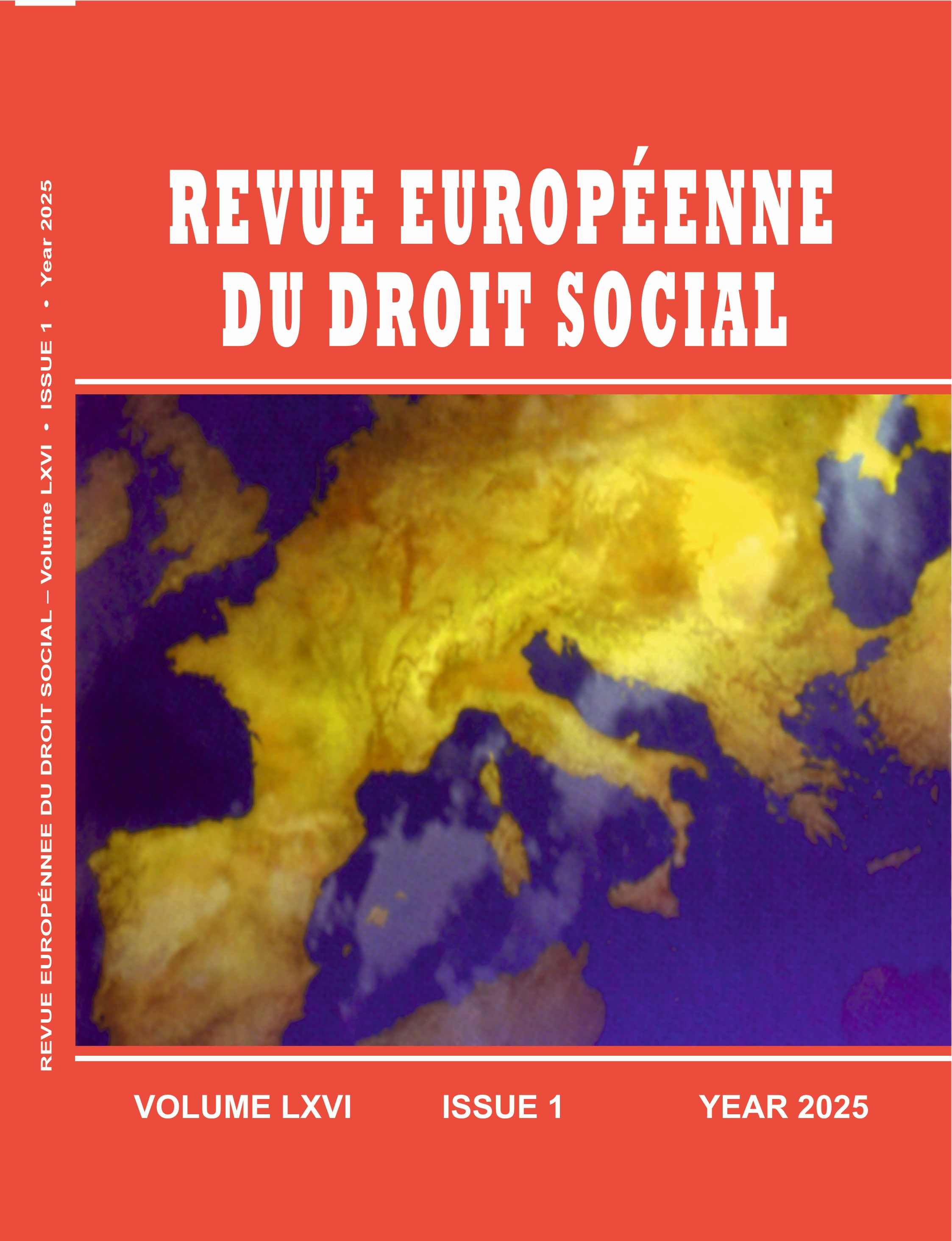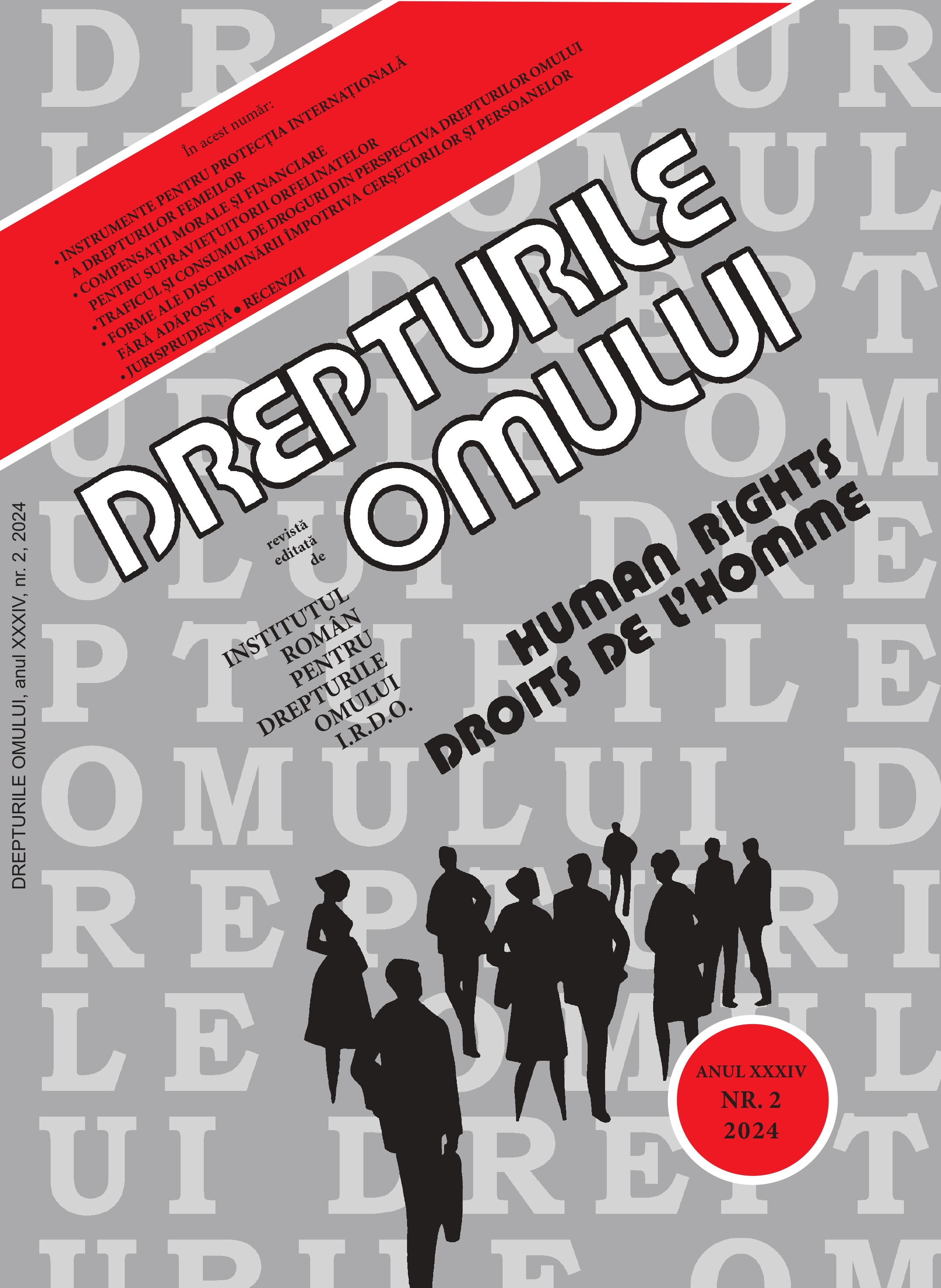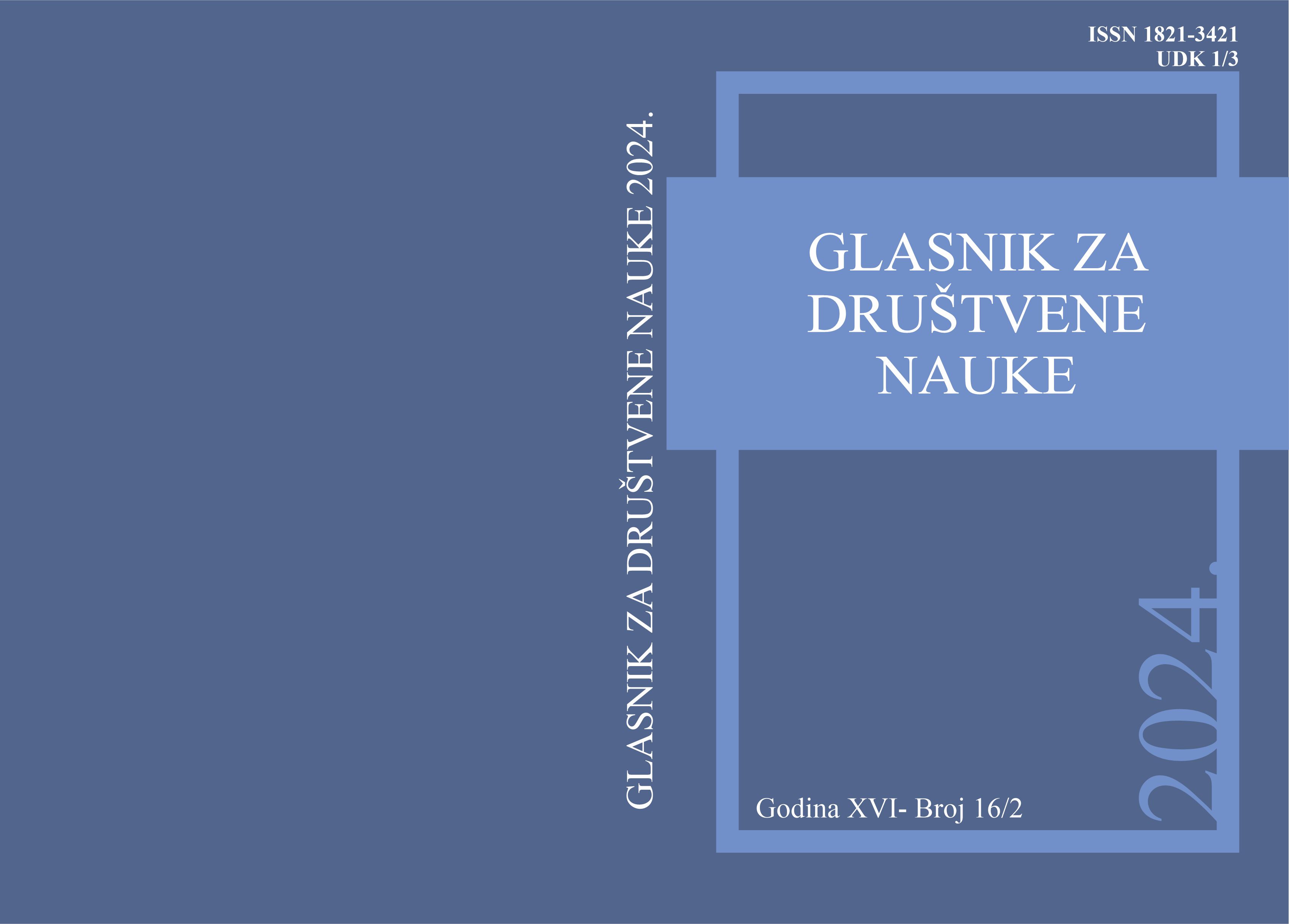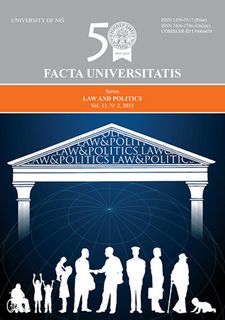
FORCED STERILIZATION AS A VIOLATION OF ARTICLE 3 AND ARTICLE 8 OF THE EUROPEAN CONVENTION
Forced and coerced sterilization is a phenomenon that has a long history, as well as in Europe, and on other continents. It is a violation of basic human rights, especially the rights of women, ethnic and racial minorities, the mentally ill, and the persons suffering from HIV. Sterilization is a procedure that is abused for the purpose of implementation of eugenic policies. The author is dealing with the cases before the ECtHR, which referred to forced sterilization. The most important attitudes of the Court, regarding the violation of Articles 3 and 8 of the European Convention, presented. The author criticizes the attitude of the Court not to consider the applicants' claims of discrimination, and argues that this issue is of crucial importance for the further development of the Convention, as a "living instrument".
More...



